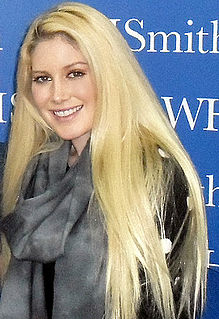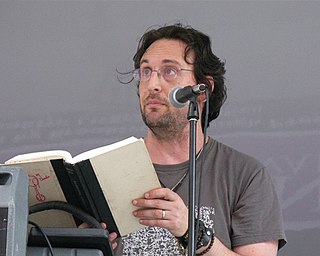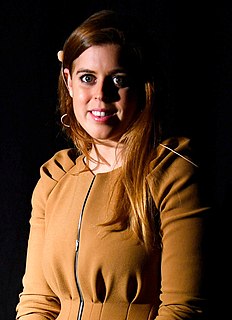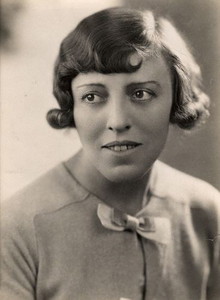A Quote by Joseph Conrad
I slipped the book into my pocket. I assure you to leave off reading was like tearing myself away from the shelter of an old and solid friendship.
Related Quotes
I doubt if I shall ever have time to read the book again -- there are too many new ones coming out all the time which I want to read. Yet an old book has something for me which no new book can ever have -- for at every reading the memories and atmosphere of other readings come back and I am reading old years as well as an old book.
My mom's coming home soon," I said. "We should go to your place." Patch ran a hand across the shadow of stubble along his jaw. "I have rules about who I take there." I was getting really tired of that answer. "If you showed me, you'd have to kill me?" I guessed, fighting the urge to feel irritated. "Once I'm inside, I can never leave?" Patch studied me a moment. Then he reached into his pocket, twisted a key off his key chain, and slipped it into the front pocket of my pajama top. "Once you've gone inside, you have to keep coming back.
Well, right now I'm not dead. But when I am, it's like...I don't know, I guess it's like being inside a book that nobody's reading. [...] An old one. It's up on a library shelf, so you're safe and everything, but the book hasn't been checked out for a long, long time. All you can do is wait. Just hope somebody'll pick it up and start reading.
One thing that helps is to give myself permission to write badly. I tell myself that I'm going to do my five or 10 pages no matter what, and that I can always tear them up the following morning if I want. I'll have lost nothing-writing and tearing up five pages would leave me no further behind than if I took the day off.
If I'm reading something I happen to know and gets it wrong, I just don't trust the book any more. What I ask of a novel I'm reading is that it should know a fraction more about the things I know than I do. When I'm writing...I ask myself: would I be convinced by this if I read it? If I knocked against this bit of scenery, would it feel solid?
(in response to the question: what do you think of e-books and Amazon’s Kindle?) Those aren’t books. You can’t hold a computer in your hand like you can a book. A computer does not smell. There are two perfumes to a book. If a book is new, it smells great. If a book is old, it smells even better. It smells like ancient Egypt. A book has got to smell. You have to hold it in your hands and pray to it. You put it in your pocket and you walk with it. And it stays with you forever. But the computer doesn’t do that for you. I’m sorry.
When I was a teenager, reading for me was as normal, as unremarkable as eating or breathing. Reading gave flight to my imagination and strengthened my understanding of the world, the society I lived in, and myself. More importantly, reading was fun, a way to live more than one life as I immersed myself in each good book I read.
When I was younger, I was diagnosed with dyslexia, which meant, for me, sitting in front of a book was really hard - until I discovered Harry Potter, and this character, this 11-year-old boy, who suddenly gets off to school for the first time, captured my imagination, and suddenly reading was fun. Reading was inspiring, and I was motivated.
Reading is sometimes thought of as a form of escapism, and it’s a common turn of phrase to speak of getting lost in a book. But a book can also be where one finds oneself; and when a reader is grasped and held by a book, reading does not feel like an escape from life so much as it feels like an urgent, crucial dimension of life itself.







































